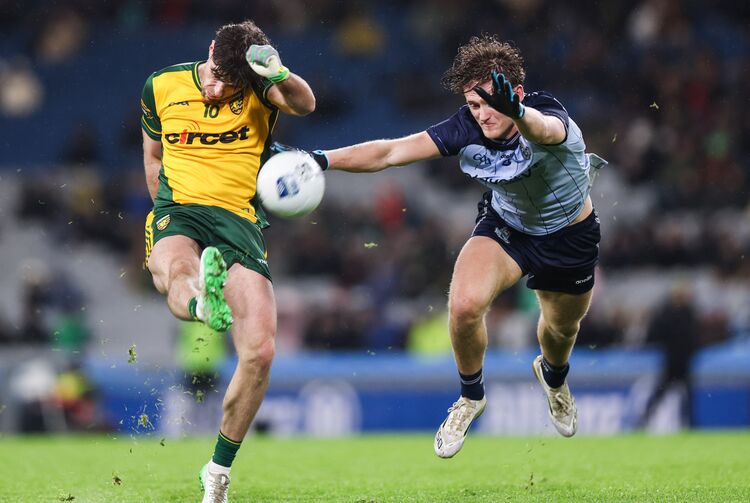Reading President Richard M. Nixon's White House papers and studying his political career, was not something I thought I would be doing on August 13th, but their I was, exactly 37 years to the day of his resignation as U.S. president, doing just that. Spending the day at the Nixon library in Yorba Linda, California, and listening to his life's story, turned out to be more reflective and enlightening than I ever would have imagined.
Nixon was the politician everyone around Boston wanted to see defeated, going all the way back to the 1960 presidential election against John F. Kennedy. I'm not exactly sure why, except that Nixon wasn't perceived as an advocate for average working class families.
"Nixon's a big Republican," I would hear others say. Well, if these respected old timers said that, it must have been true. This was also how most of my South Boston neighbors felt about Republicans at the time.
It was considered a mortal sin to vote for a Republican in those days. "Those Yankee Republicans don't like Irish immigrants," I can remember the men at the "smoke shop" saying. So we never saw too many Republican candidates around Boston neighborhoods.
International Longshoremen Association leader "Fid" Kennedy would tell his union members, "don't forget to vote on Tuesday, and vote for one of your own." That of course meaning the straight Democratic ticket.
Even in church, in 1956, I remember Father Murphy telling the people at Mass that he would be the first one in line on Tuesday to vote for Adlai Stevenson for president.
In 1964, conservative Republican presidential candidate, Senator Barry Goldwater, was defeated in South Boston by the largest plurality of any community in the country. People would be lined up at the voting precinct a half hour before the voting began in those days. Over sixty percent of all eligible people would show up to vote. They followed the issues closely, and cared about their city and country.
Today, only a small number of people vote, this is especially true for many young people. Even in once politically active communities, people no longer have any respect for either party, or government for that matter. According to recent polls, people believe that the vast majority of our political officials are only concerned with re-election and personal glory.
I thought a lot about this loss of respect for politicians and government at the Nixon library. If Nixon's resignation was our country's low watermark, this present day period of time has got to be pretty close to it. With so many job seeking people out of work, and our country in an economic shambles, you could easily argue that the U.S. is in a worse condition today than it was the day Nixon resigned.
I worked hard to defeat Nixon in 1968, and remember that election like it was yesterday. But looking back, I don't see that same feeling of hope and pride that people then had in our country.
Unless Congress and the president begin immediately to seriously address our nation's debt and fiscal crisis, and our cities begin to bring some discipline and accountability to our public schools, historians will be writing that the summer of 2011 was America's darkest hour, not the day President Nixon resigned.
If the 2008 election was supposed to be about change, then surely not all change is good.







